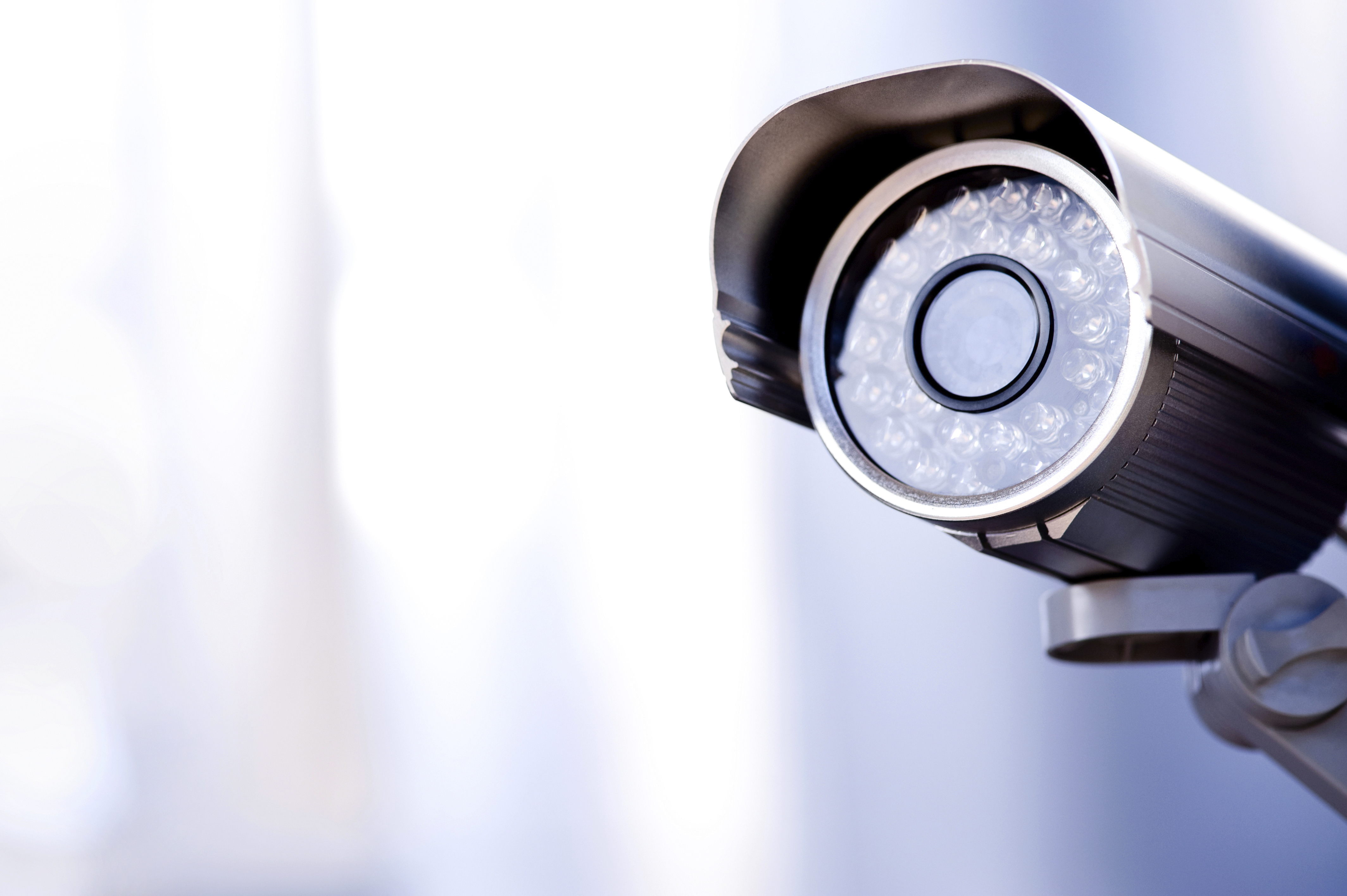An Omnipresent Risk to Our Privacies
Hamzah Chaudhry
| 2 minutes

Privacy has become a contentious issue in the age of the Internet and it will be ever-prevalent as technology continues to progress. The COVID-19 pandemic has only shown glimpses of what lengths governments are willing to go to compromise their citizens’ privacy in the face of “national emergency.” At least thirty countries around the world have ramped up surveillance efforts as an attempt to stem the wave of new infections. Governments are faced with a critical choice: figuring out the most effective way to stop people infected with the SARS-COV-2 strain of the coronavirus — the virus responsible for COVID-19 — from infecting others. Such trade-offs risk compromising the privacy of its citizens to an extent which could cause many long-term implications. For instance, telecommunication companies are offering customer data to governments as an aid for better analysis of movement and track the spread of the virus from hotspots. In other cases, countries are tracking down citizens disobeying stay-at-home ordinances and forcing them to install apps on their phone as a deterrent. Facial recognition is gaining larger adoption as a way of reducing direct contact.
Historically, increased surveillance in the U.S. has served as a political “game of chess.” The 2001 Patriot Act sought to give the government broad surveilling powers at the expense of citizens’ privacy in the name of national security. Since then, it has been used to enable the collection of data without court approval and continues to be in use today. Still, the increased use in surveillance is not always excessive and without good reason. Governments need to rely on telecommunication and other tech companies to be able to respond and act quickly in emergencies. Such companies can aid in increasing accurate testing and reporting, informing citizens on updates to emergency ordinances, and facilitating the spread of awareness. Similarly, for a healthy sustainable world to exist, legislation should be ever-improving in a fair and impartial manner alongside the improvements in technology. Citizens always need to be aware of a detailed account on how their data is being used for societal betterment without compromising sensitive information and bias.
- “We Mapped How the Coronavirus Is Driving New Surveillance Programs Around the World”
- “The US government should disclose how it’s using location data to fight the coronavirus”